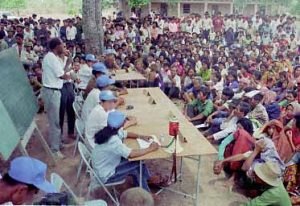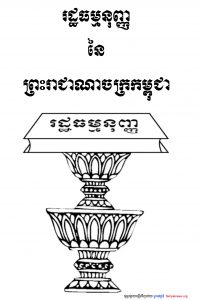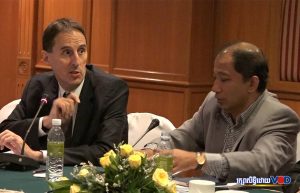Political Paradigm of Pragmatism from the Khmer Youth part 71
Op-Ed: The CEROC
This analysis part (71), Mr. Sophan Seng analysed on the Cambodian voters who are not having citizenship identification ready for voter registration. If they missed to register for vote, they shall miss opportunity to vote in upcoming commune election on June 4th, 2017.

National Election Committee (NEC) announced on preparation of voters registration dated between September 1st, 2016 to November 25th, 2016. Ministry of Interior who is responsible for issuing citizenship id said that there are more than 2 millions are not having proper citizenship id and observers are worrying that those are fallen into the old mechanism of doubles names, disenfranchisement, and missing names etc.



